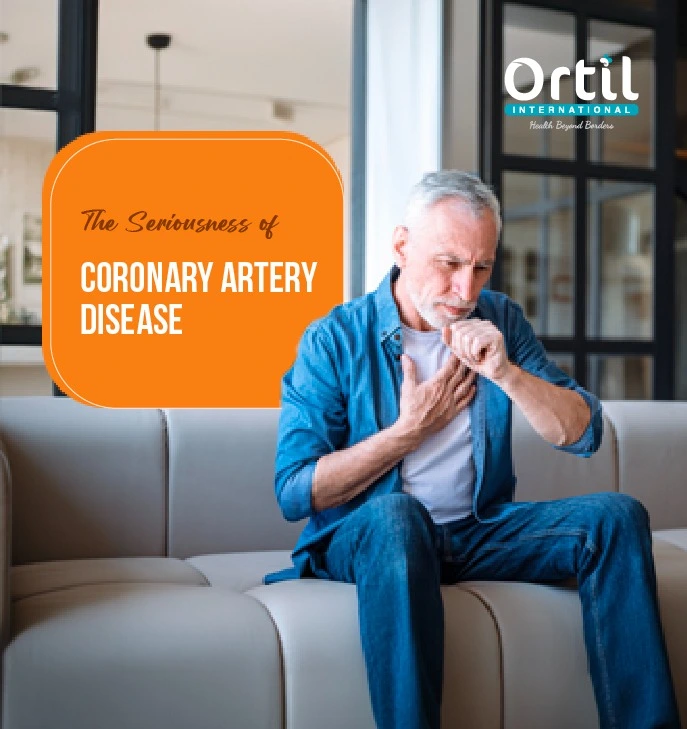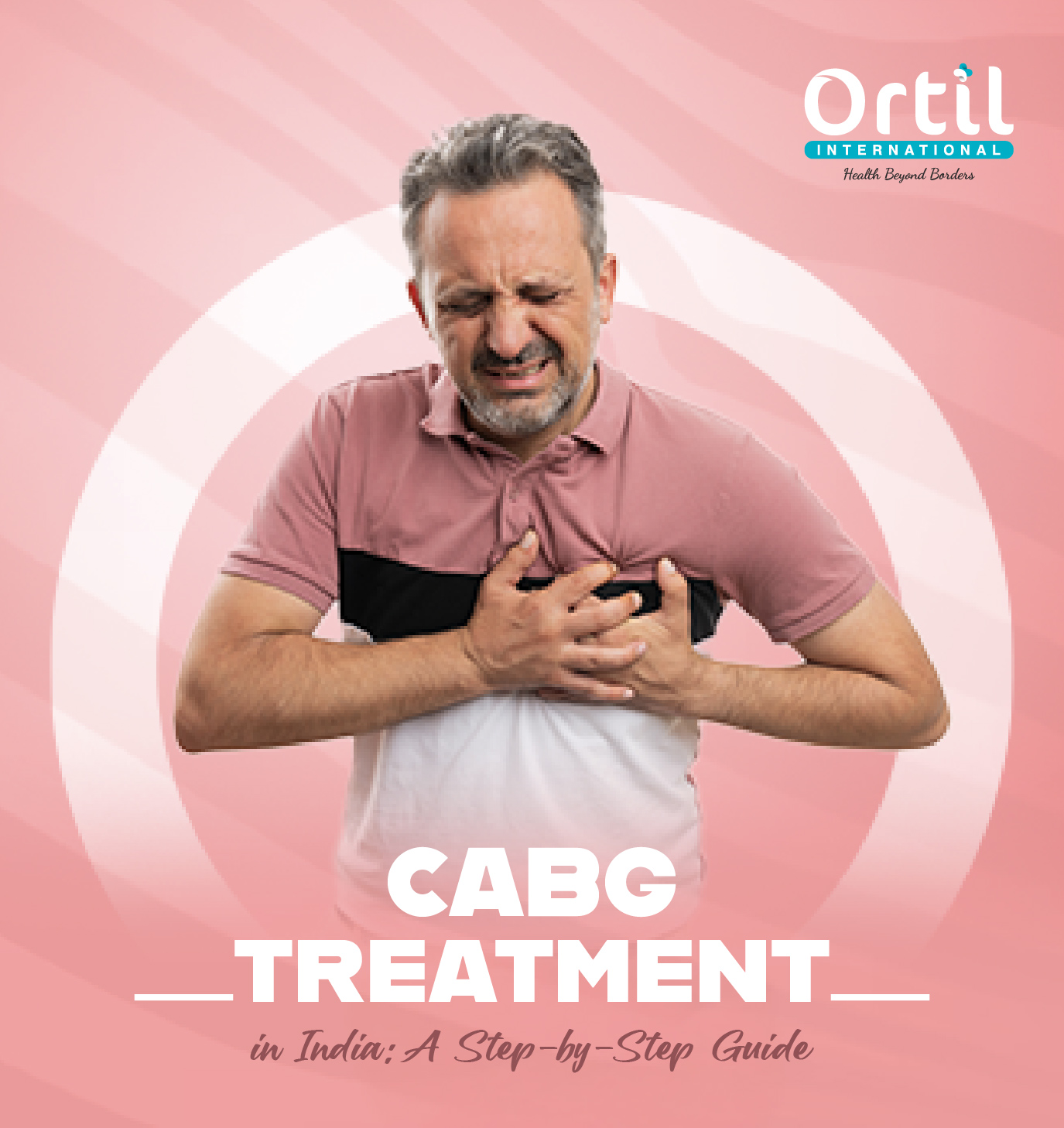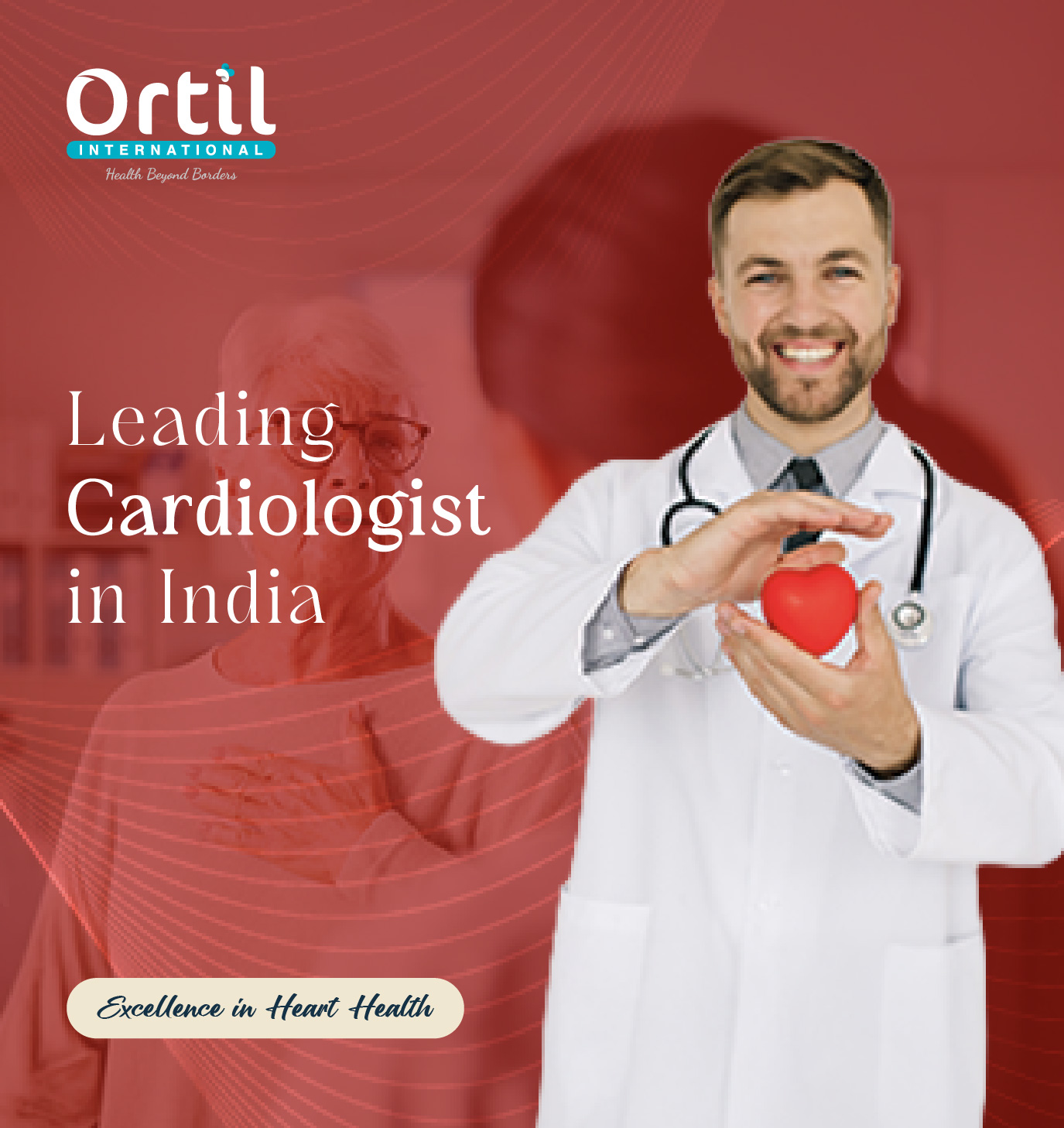Life Expectancy After Heart Bypass Surgery
Bypass surgery is one of the major surgical procedures performed in the cardiology department. Coronary artery bypass surgery is a type of open heart surgery performed when there is a blockage in the blood vessels that supply blood to the heart muscles. In this surgical procedure, a new pathway of blood vessels is made in the heart to bypass the blocked portion of arteries.

What to Expect after Open Heart Bypass Surgery?
After bypass surgery, the functions of the heart improve, and symptoms of chest pain and breathlessness go away. It also prevents further complications such as heart attack or cardiac failure. Cardiac rehabilitation is an important part of recovery, and without any complication, patients have a life expectancy of 18 or more years.
Is it Possible to Live a Normal Life after Undergoing Bypass Surgery?
After bypass surgery, the patients have to take some precautions to prevent any complications. Usually, doctors advise patients to take medications in a timely manner and avoid stressful activities in the initial phase of recovery. However, with the passage of time, the patient starts to recover and can gradually increase their activity level.
If the patient follows a healthy lifestyle with a balanced diet and light exercise, attends all follow-up appointments, and takes medications as prescribed by healthcare professionals, then there are fewer chances for complications to occur.
Life expectancy after bypass surgery depends on factors like general health, age of the patient, diet, and rehabilitation. If the patient follows instructions and has no complications during or after the surgery and in the recovery phase, then he can live a normal life even after heart bypass surgery. Living a normal life after bypass surgery depends on many factors, such as:
- Presence of other medical conditions
- A balanced diet
- Exercise
- Cardiac rehabilitation
- Being female
- Age exceeding 70
- Ineffective pumping of blood
- Involvement of the left main coronary artery (artery supplying the left side of the heart)
- Diagnosis of diabetes
- Overall health status, including conditions like high blood pressure and high cholesterol, may also contribute to lower survival rates.
How Long Does the Recovery from Heart Bypass Surgery Typically Take?
You may have some questions like, “After bypass surgery, how long will I live?” or “How much time do I need to recover?” Here is an answer to that. Life expectancy is reasonable after bypass surgery. Heart bypass recovery time significantly varies from patient to patient, but generally, it takes 3 to 6 months for complete recovery. Heart bypass surgery recovery usually depends on many factors, such as:
Age : Younger patients recover faster than patients with old age due to overall good general health.
Overall health status: Patients with good general health can recover faster than patients with poor health before bypass surgery.
Presence of other medical conditions : Patients with chronic diseases like asthma, diabetes, hypertension, or kidney disease usually take more time for a complete recovery as compared to patients with no other medical condition.
Type and complexity of the bypass surgery : If the patient has complications during or after the procedure, he may take more time to recover, which can affect the overall time of his recovery.
Compliance with post-operative care and rehabilitation : Cardiac Rehabilitation is an important part of recovery, and patients who strictly follow rehabilitation exercise follow-up recover faster.
Nutritional status : A balanced diet with complete nutrition always helps in recovery.
Psychological factors : Patients suffering from anxiety or depression issues demand psychological support as mental health is equally essential for complete recovery.
How Can Life Expectancy after Heart Bypass Surgery be Improved?
Recovery from major surgery, such as CABG, takes time. It is important to follow your healthcare team's instructions and ask questions when needed. Here are some things to improve life after open heart surgery:
- Take your medications on time to avoid complications.
- Participate in cardiac rehabilitation.
- Attend follow-up appointments after leaving the hospital.
- Don't lift heavy objects. Your chest needs time to heal, so avoid lifting, pushing, or pulling anything heavy for a couple of weeks after surgery.
- Limit your arm movement and stick to simple tasks like getting dressed and playing cards. Avoid raising your arms above your head or behind your back.
- Do not drive for the first 2 to 3 weeks. This prevents chest injuries because you may still be on pain medication.
- Do not try to rush back into your normal routine right after bypass surgery.
- Take care of your exercise routine, nutrition, and lifestyle changes that are important for heart health.
- Diet plays a big role in recovery. Follow a heart-healthy diet with lots of fruits, vegetables, whole grains, nuts, olive oil, dairy, fish, and poultry. Cutting back on salt is also important to reduce high blood pressure risk.
- After bypass surgery, it is crucial to avoid foods that can contribute to artery blockage, like sweetened beverages, salty snacks, sweets, fast food, processed meats, baked goods, foods high in saturated or trans fats, those with added sugar or salt, and alcohol.
Conclusion
Life expectancy after open heart surgery can be normal if you try to make positive changes to your life before and after the bypass surgery. The life expectancy has now exceeded 18 years, and patients live a healthy, normal life after bypass surgery without any restriction.
FAQ's
Can You Live a Long Life after Open Heart Surgery?
Yes, open heart surgery has a life expectancy of 18 or more years.
What are the Side Effects of Open Heart Surgery?
Open heart surgery has some risks of complications like bleeding, infection, blood clot formation, or arrhythmia.
What is the Biggest Risk with Open-Heart Surgery?
Infection or bleeding is one of the major risks after open heart surgery.
What is the Success Rate of Open Heart Surgery?
Open heart surgery is almost always successful and has a success rate of 90% to 95%.
What is the Quality of Life after CABG?
Quality of life improves after CABG as the patient experiences no symptoms like chest pain, shortness of breath, and disturbed sleep.




















